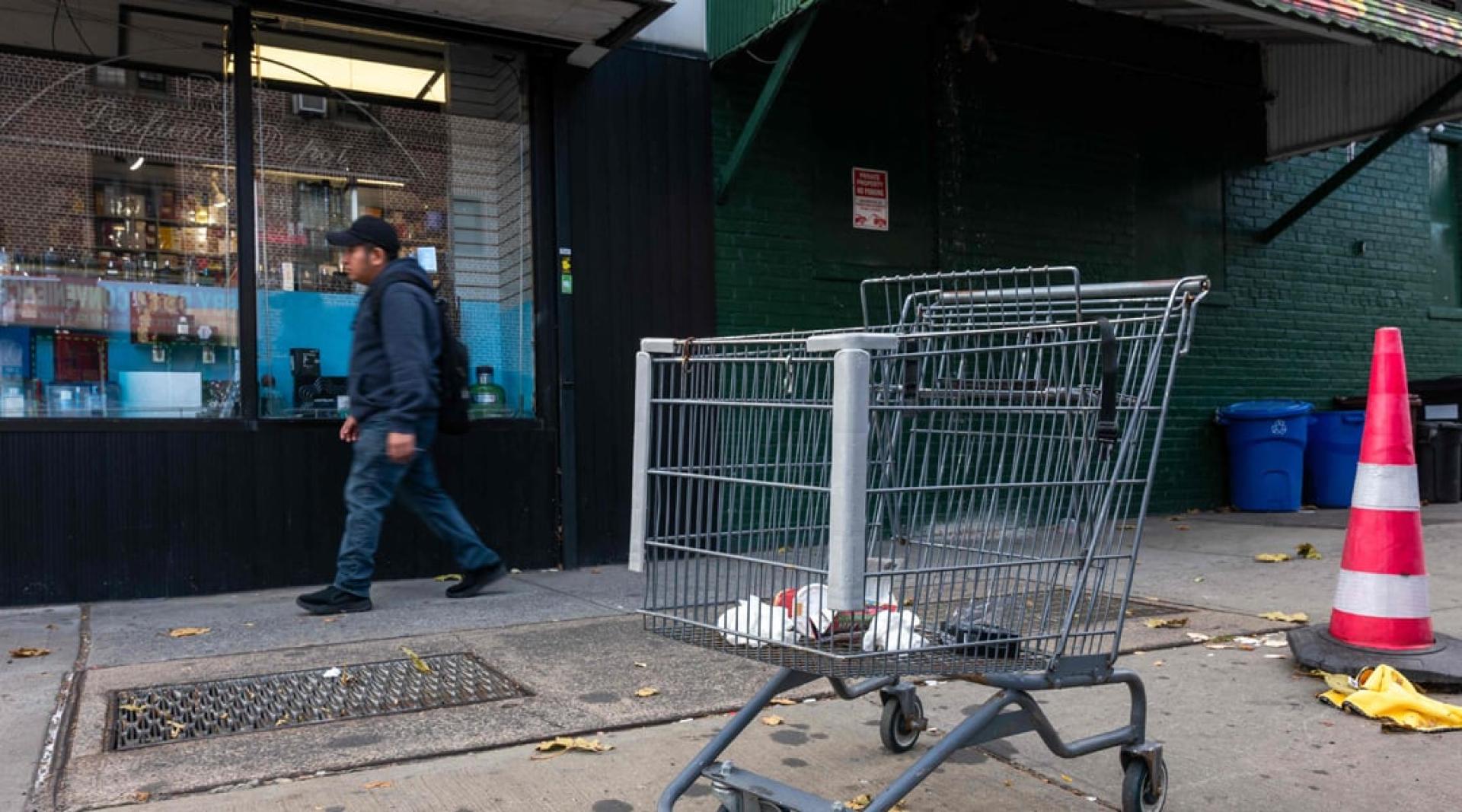The U.S. federal government shutdown entered its 37th day on the 6th. On that day, a federal judge in Rhode Island ordered the Trump administration to pay the full amount of November's Supplemental Nutrition Assistance Program (SNAP) benefits no later than the 7th.
According to Xinhua News Agency, John McConnell, a judge of the U.S. District Court for Rhode Island, issued the order in response to concerns from some local governments and non-profit organizations that the federal government was only willing to allocate 65% of the funds for SNAP.
“The defendants did not take into account the real-life consequences of only partially allocating SNAP benefits. They knew that payments of the remaining funds would be delayed for a long time, yet did not consider the harm suffered by individuals dependent on these benefits,” McConnell said at the hearing, adding that even one more day of delay was “completely unacceptable.” He ordered the federal government to allocate the full funds by the 7th at the latest and ensure that the funds are quickly disbursed to states, which would then distribute them to beneficiaries.
After the U.S. Department of Agriculture announced that no SNAP benefits would be issued for November due to the government shutdown, McConnell on October 31 ordered the federal government to use emergency funds to keep the program running. On November 3, the Department of Agriculture stated it would use emergency funds to provide half of the month’s food benefits, but that some states might need to wait weeks or even months for the funds to arrive. On the 5th, the Department said that after recalculation, there were enough funds to pay 65% of the food benefits.
During the hearing on the 6th, McConnell criticized the federal government for being willing to only partially pay out the food benefits, even though it had extra emergency funds available, and knowing that this payment would not arrive on time. “The government has an obligation to comply with the court’s order to pay the full amount, so that people across the United States can immediately receive the food benefits,” he said.
Due to running out of funds, SNAP had suspended benefits as of November 1. As a key part of the U.S. social security network, SNAP covers 42 million people, about one-eighth of the total U.S. population, most of whom earn below the poverty line. The program spends over $8 billion each month. According to U.S. media, this is the first time in the 60-year history of SNAP that benefits have stopped; previously, they had continued even during federal government shutdowns.
